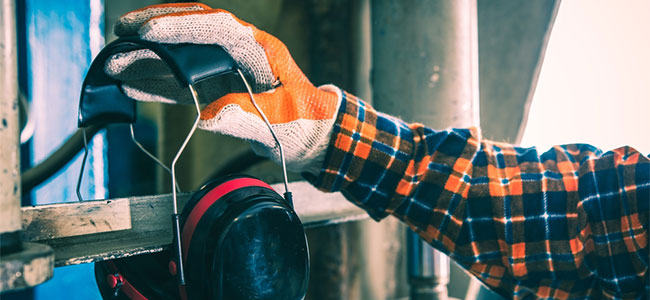
Protecting workers from hazardous occupational noise exposure requires understanding the exposure, taking the right PPE approach, and ensuring worker buy-in.
Workers can improve their self-monitoring to help prevent strains and sprains.
Employers can build a safer workplace through CPR, AED and first aid education.
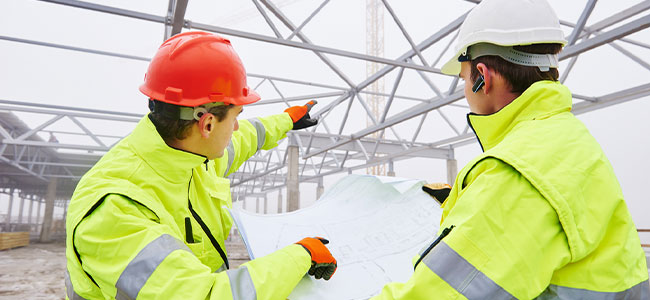
The right employer intervention and selecting the proper cold-weather PPE keep workers safe, warm and productive.
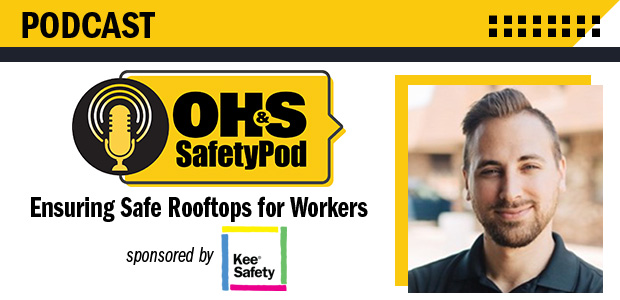
Rooftops pose multiple danger points, each requiring its own safety approach. Daniel Huntington delves into the four primary danger zones on rooftops and how safety professionals can better protect workers in these areas.
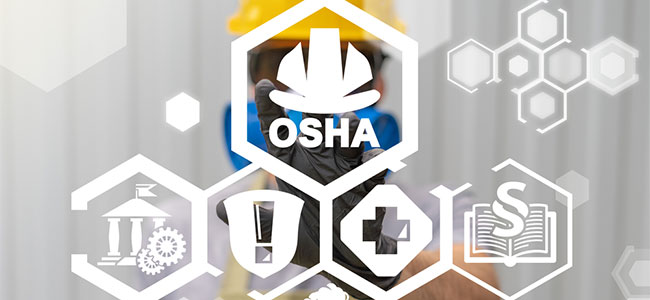
Air Starter Components Inc. faces a total of $298,250 in proposed penalties.
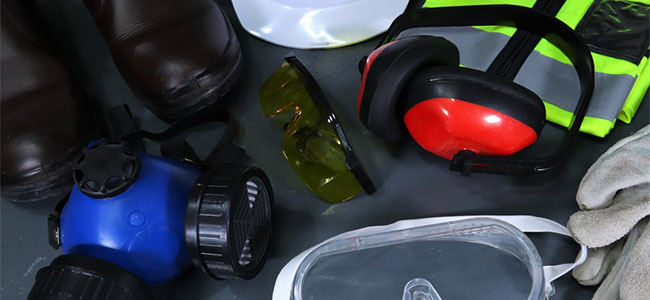
The investigation follows more than 60 violations at Two Rivers Terminal in 2022.

The updated rule would apply to salaried workers earning less than $55,000 per year.
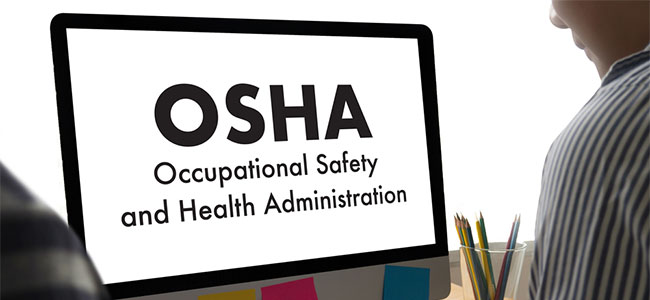
The two-year alliance will give students the opportunity to become OSHA-certified.

The agency is seeking public comment until October 30